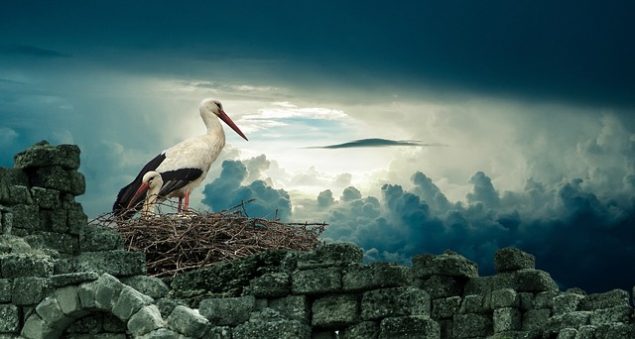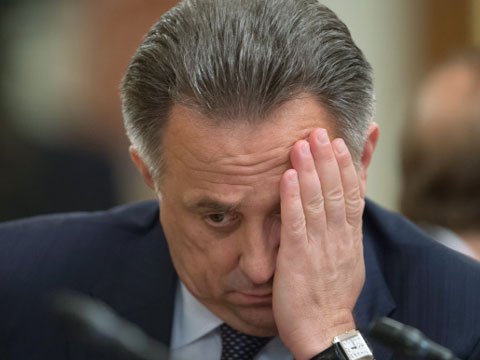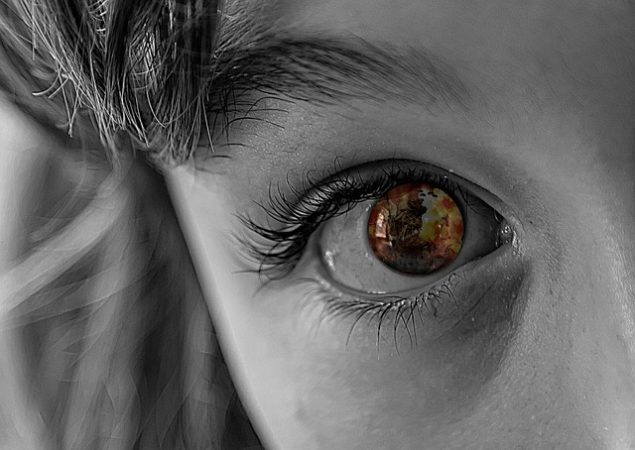Vasil Minchev: ’The Refugee Crisis Makes Europe Forget More Important Issues’
01.04.2016 Overcrowded with refugees – does Europe really look like it? Why is Hungary building a wall on its border? Is this a dawn for the far-right who question European identity? The Newssky has asked Vasil Minchev, a conservative policy expert and Kronos Institute for Social Researh fellow in Budapest.
Overcrowded with refugees – does Europe really look like it? Why is Hungary building a wall on its border? Is this a dawn for the far-right who question European identity? The Newssky has asked Vasil Minchev, a conservative policy expert and Kronos Institute for Social Researh fellow in Budapest.
Vasil, some commentators and media say that Europe is overcrowded by vicious migrants and this is time to close the door, other emphasize compassion and point to the fact that refugees are actually not to many. Where is the balanced position?
Migration and Islamic migration in particular are nothing new as a phenomenon.Both have been an ever rising factor in the shaping of the European cultural lanfscape since the second half of the XX century, in the Scandinavian countries, Germany and especially France, where they acted as a type of historically predetermined contracolonisation.
What Europe proved unable to cope with at this stage is the abrupt increase in numbers which in turn led to confusions such as the usage of refugees and migrants as synonyms (what they obviously are not), and putting everyone under one umbrella.
Of course not everyone is vicious, and as far as compassion is concerned, I think the tackling of this aspect of the situatuon would steer us away from the main topic, but I would be glad to share my views on this in a future conversation.
With respect to the current issue, one thing is sure: we have an avalanche of people fleeing from Islam-fueled regimes and wars, and as long as they insist on clinging to and promulgating the same rules that proved inapt for building viable states (let alone democracies) – except at the costs of extreme teocratic subjucation (Saudi Arabia) – we are sooner or later going to face them forcing them upon us, once they achieve the critical mass.
One witty facebooker noted – ’You want peace and liberty? Go home and fight for it in your country. ’ In case the refugees and migrants choose to make our culture their own, however, they can contribute to a great extent to solving Europe’s demographic problem.
Yet solving it should not come at the price of losing our already dwindling identity and having to put up with sectarian clashes becoming a part of our everyday life.
 Seems like many EU countries have chosen to address the problem differently — say, Bulgaria has decided to close the border and Hungary is constructing a Great Arpad Wall on its southern frontier. So, there is no coomon European policy on immigration?
Seems like many EU countries have chosen to address the problem differently — say, Bulgaria has decided to close the border and Hungary is constructing a Great Arpad Wall on its southern frontier. So, there is no coomon European policy on immigration?
There is and cannot be such a policy – solutions to the problem can be voted on, voted for and against, yet the reactions of each and every single countries to it are inevitably determined by their economical situation, history, traditions, and ethnopolicical climat in general. The so called «Great Árpád Wall» is but a fence that is necessary to defend the country’s border in parts of it that are not usually used for crossing it – and were therefore not defended prior to the beginning of the current crisis. If there is no fence the border should be defended anyway (or else we might as well stop calling it border), and the choices are not to many – employing the army may stir even more conflicts and confusion.
To your mind, can, say, Baltic countries get envolved into that crisis (and whether this is a crisis in the first place?) should one expect that current migration wave will play into hands of right-wing radicals in European countries?
To my knowledge, for instance in Lithuania the policy is to help Christian refugees, for instance Copts fleeing from ISIS-driven persecutions. There is definitely a crisis but it affects different countries in a different way and as Baltic countries are for some reason not among the preferred destinations for the people coming from the Middle East, I don’t believe it is going to have strong reprecursions up there. On the other hand, speaking of the far right, these movements have already been on the rise for some time and I hardly believe the crisis would significantly add to their momentum. What I rather sense is a slight – or at times not so slight – inclination of the right-centre towards the right.
Finally, how can you evaluate the ‘status quo’ of the United Europe from where it stands right now — does it look as if it is going to move ahead or stagnate?
The migrant crisis helped attract the public’s attention towards the migrants here instead of those left out there where the armed conflicts rage. But it also «helped» us forget our own problems, such as (youth) unemployment and the abovementioned demographic collapse, and the Grexit-story which provided major centrifugal force that worked against the becoming of United Europe. Now, while it also led to some outspoken conflicts among, for instance, the West and Visegrád, this situation and the threats it poses showed us in many cases we are unable to hanlde such problems alone, so we definitely need to stick together.
Russian version is at available at Fraza.ua

